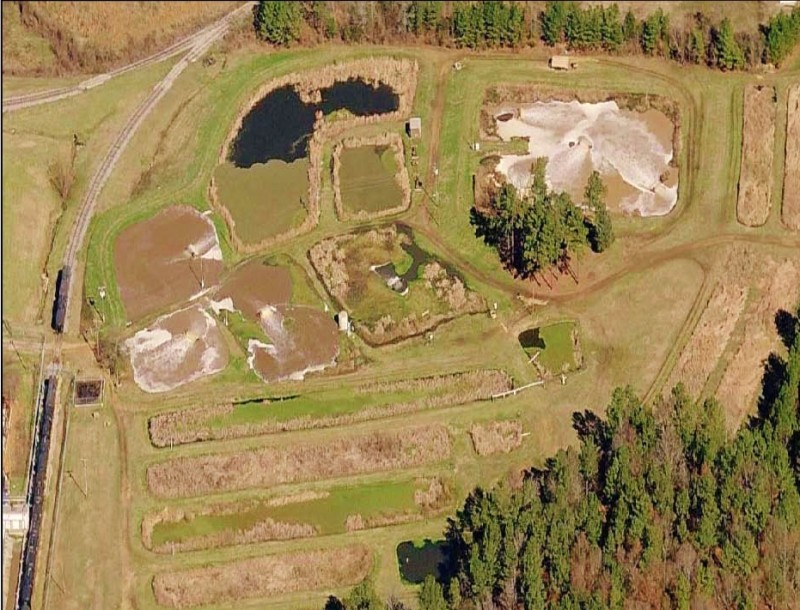Gulf States Canners, a leading bottler of Coca-Cola products, was facing tougher and tougher wastewater treatment standards. The facility’s wastewater was 10 times as strong as municipal wastewater, and had a low pH, which made meeting Mississippi Department of Environmental Quality (MDEQ) discharge limits a challenge.
Additionally, the process generated a great deal of sludge and the ponds were filling with sludge and vegetation. WGK, working with Gulf States Canners, the City of Clinton and MDEQ, created a multi-phased plan to bring the GSC into full compliance with MDEQ regulations and reduce the complexity, footprint and operating cost of the treatment system.
Due to this innovative treatment system and the less stringent limits allowed by the new pre-treatment permit, the end result is a compact, user-friendly system in about one-quarter of the previous footprint.
- Creation of multi-phase improvement plan targeted for environmental compliance and cost reduction
- Installation of new pump station and force main to allow final wastewater treatment to occur at the Clinton Southside Wastewater Treatment Facility, making Gulf States Canners responsible for pretreatment only
- Elimination of complex existing treatment system, which consisted of five aerated ponds and 12 wetland finishing cells
- Creation of two aerated ponds
- Existing pond modified to an Advanced Facultative Pond for anaerobic treatment of high-strength waste
- Piping modifications and consolidation of pump stations
- Total project cost: $600,000
New wastewater treatment standards are here…
The release of new wastewater discharge permit limits next year could require extraordinary changes for smaller Mississippi towns operating treatment lagoons, while larger cities’ mechanical plants may also need some upgrades to meet the new restrictions.
The Mississippi Department of Environmental Quality (MDEQ) is developing water quality standards for nutrients in order to meet court-mandated environmental reforms authorized decades ago by the federal Clean Water Act of 1972, but not fully implemented. The new regulations will require wastewater treatment systems to meet total nitrogen and total phosphorous limits for the first time, and could render some lagoons and plants obsolete overnight.
If you are unsure of how new nutrient standards will affect wastewater treatment in your city, town or industry, WGK can chart a course for your facility’s future. Call Greg Gearhart, PE, BCEE, CEE at 601-925-4444 for an assessment of your treatment operation.



